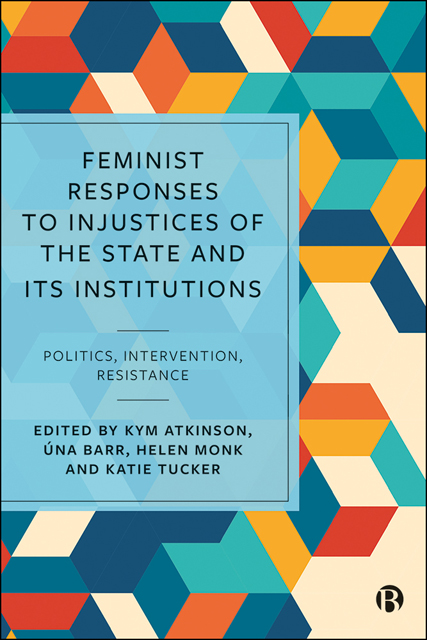 Feminist Responses to Injustices of the State and Its Institutions
Feminist Responses to Injustices of the State and Its Institutions 11 - Sensing Injustice? Defences to Murder
Published online by Cambridge University Press: 17 June 2023
Summary
Othello: ‘Good, good, the justice of it pleases; very good.’
Shakespeare, cited in Neill (2006: 196–7)Introduction
In December 2015 the South African Supreme Court of Appeal set aside a conviction and sentence for culpable homicide, substituting a verdict of murder. Commenting after the decision, the victim’s mother said this:
Now we’ve seen that the justice system works. … This is respect for my daughter and her life also, and respect for women all over this country, because we have too much of this happening and people get away with it. If you do the crime, you have to do the time. I’m not really interested in how much time, but I’m happy with the verdict. I feel better we have justice for her. (June Steenkamp, cited in Allison, 2015)
June Steenkamp was paying tribute to her daughter Reeva, the victim in one of the most-publicized 21st-century intimate partner femicide cases to date. Getting away with it – that’s how victims’ families invariably describe any verdict less than murder. The justice system ‘worked’ for June Steenkamp because in her eyes a verdict of murder respected her daughter’s life and, by extension, the lives of all South African women. Respect in the first instance but also justice for Reeva: the family had finally got ‘justice for her’. Justice is what the families always want. Anything less than a murder conviction is, in their eyes, an injustice.
It’s not just the families. For nearly four decades, feminist researchers and anti-violence activists across all Anglophone jurisdictions have condemned a legal status quo in which wife-killers avail themselves of defences, indicatively provocation by sexual infidelity, thereby avoiding a murder conviction and receiving instead verdicts for the lesser, ‘second degree’ crime of manslaughter and frequently risibly short sentences. Such dispositions in intimate partner femicide cases, feminists claim, fail victims – in a word, they are unjust. Minister for Women and Equalities Harriet Harman spoke for many when, leading the early 21st-century movement to reign in defences to murder in England and Wales, she declared:
For centuries the law has allowed men to escape a murder charge in domestic homicide cases by blaming the victim. Ending the provocation defence in cases of ‘infidelity’ is an important law change and will end the culture of excuses.
- Type
- Chapter
- Information
- Feminist Responses to Injustices of the State and Its InstitutionsPolitics, Intervention, Resistance, pp. 216 - 234Publisher: Bristol University PressPrint publication year: 2022


